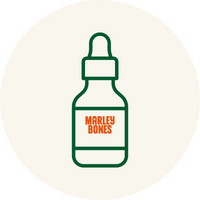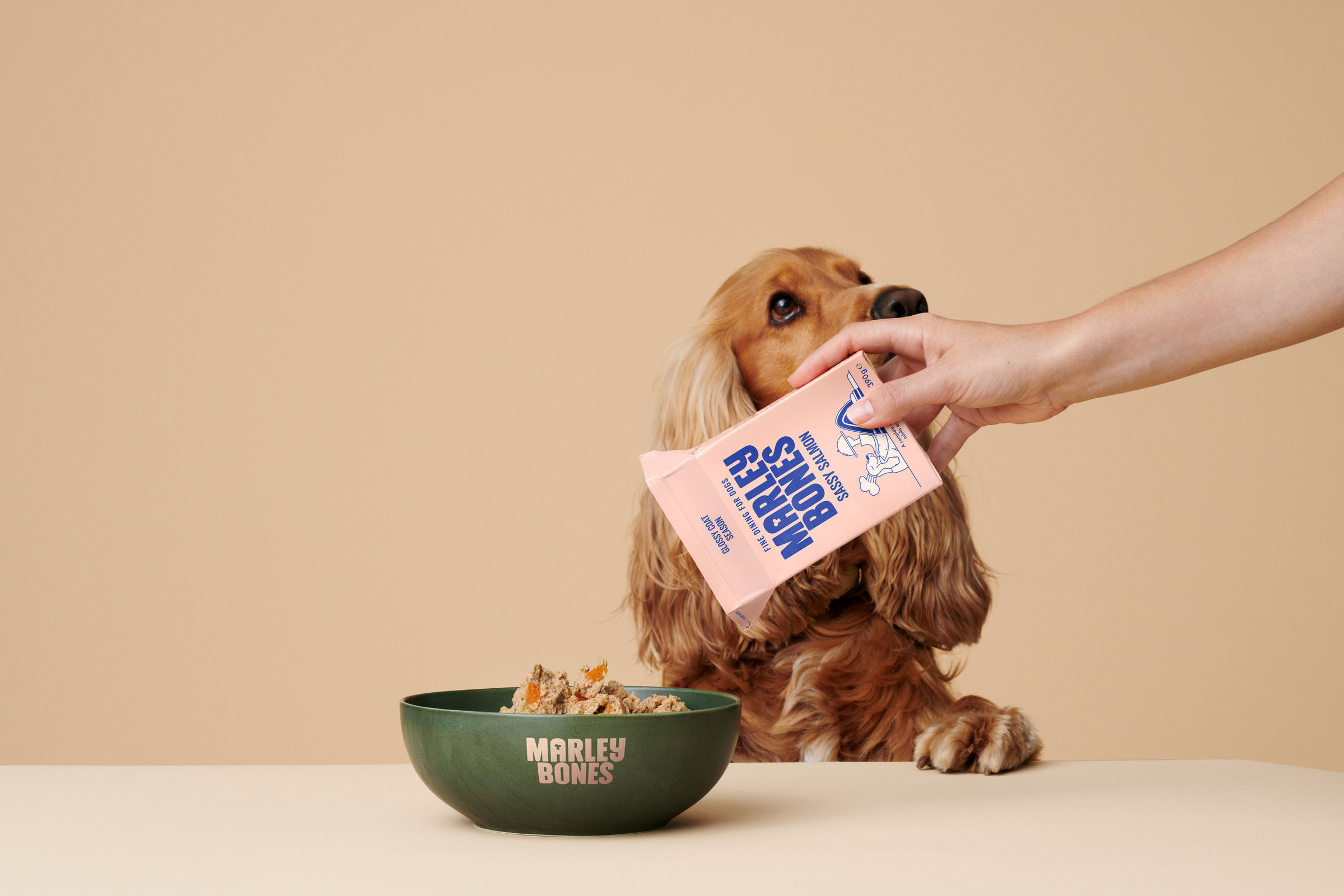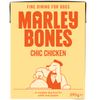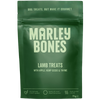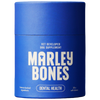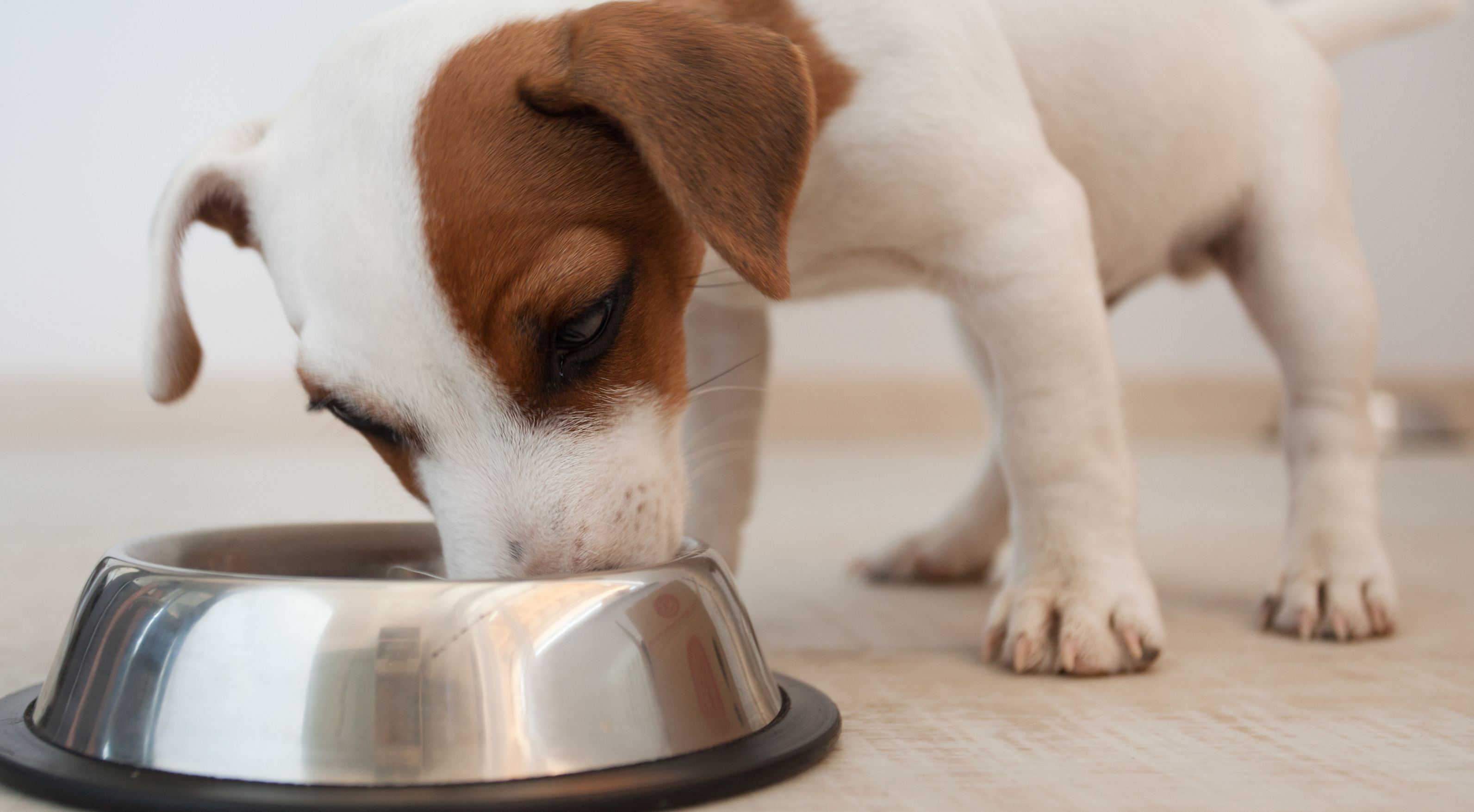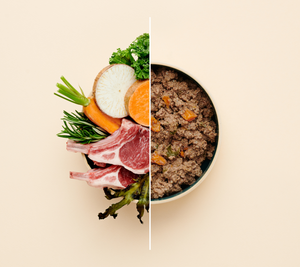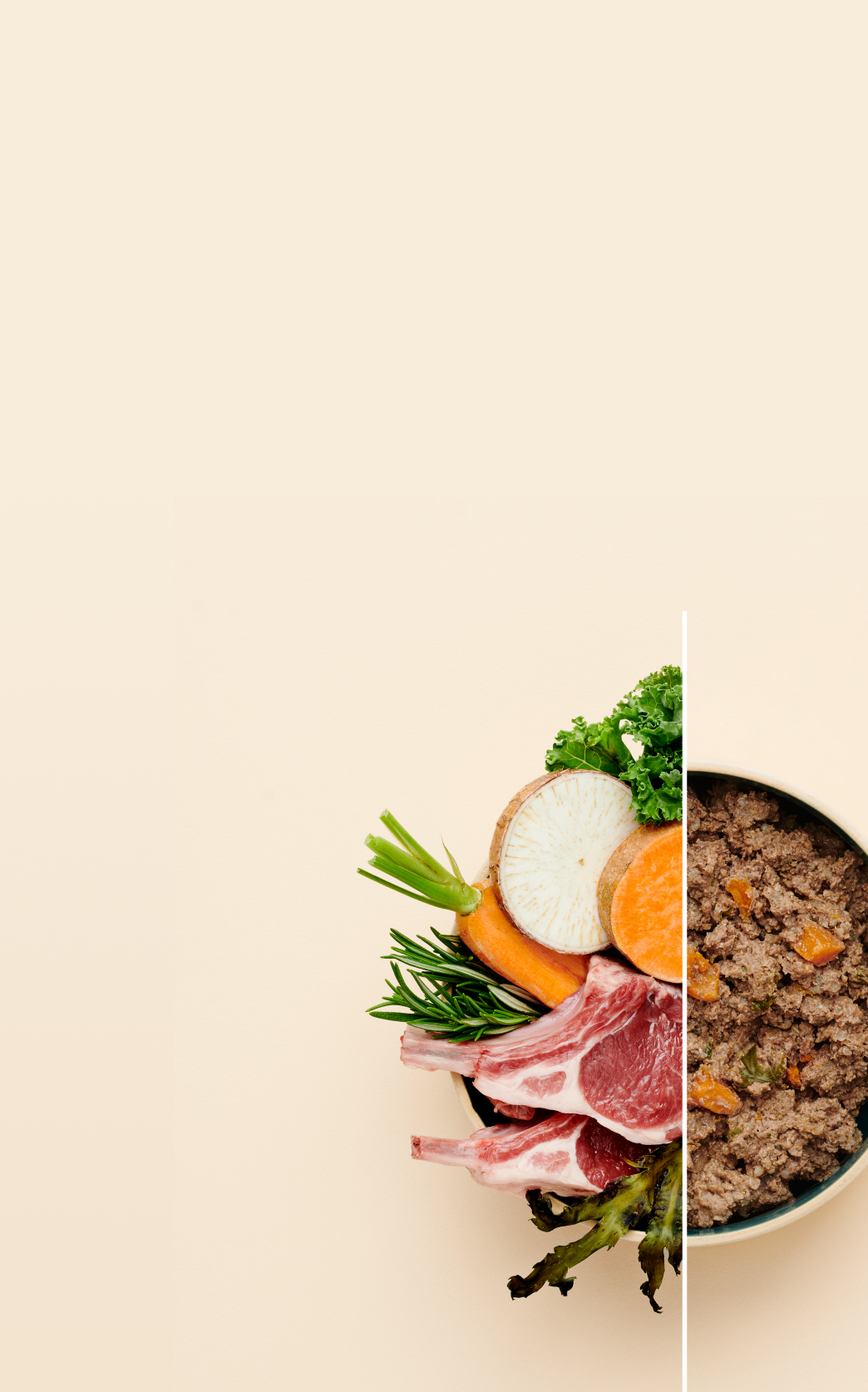How Much Food Should I Feed My Puppy: Age-Appropriate Portions Explained
Feeding your puppy can feel like a guessing game. Are they getting enough? Too much? Should they be eating more now they’re getting bigger—or less? Finding the right amount of food for your puppy is one of the most important decisions you’ll make in their early months. Their entire growth, energy, bone development, and long-term health depend on getting it just right.
And it’s not a one-size-fits-all formula. The right portion will vary based on your puppy’s breed, age, expected adult size, and even their unique metabolism. The type of food matters too. Some recipes are more nutrient-dense than others, so how much you feed your puppy on a fresh slow-cooked diet like Marleybones will differ from, say, kibble or wet tinned food.
That’s why we’ve created this guide—to walk you through what your puppy really needs at every stage, and how you can confidently feed them for happy, healthy growth.
Why The Right Amount Matters?
Puppies grow fast. In just a few months, they go from tiny beans to boisterous bundles of energy, and all of that development needs fuel—protein, healthy fats, calcium, phosphorus, and a whole list of essential vitamins and minerals.
Feed too little, and you risk deficiencies that can affect bone formation, joint health, and even their immune system. Feed too much, and you could be setting your pup up for weight problems, which are surprisingly common in dogs under one. Overfeeding during growth phases can also lead to abnormal skeletal development, especially in large-breed puppies.
That balance is everything.
Feeding Through The Puppy Stages
Puppies don’t just eat more than adult dogs—they eat differently, depending on their age and stage of development.
Newborn to 8 Weeks: In their first weeks of life, puppies get everything they need from their mother’s milk (or a vet-approved milk replacer if hand-reared). Around 4–5 weeks, they begin weaning, and by 6–8 weeks they’re usually ready to transition to puppy-specific solid food. At this point, their stomachs are still tiny, so offer small meals frequently—four or five times a day is ideal.
2 To 4 Months: This is one of the most intense growth periods. You’ll likely notice your pup seems hungry all the time, which is completely normal. Keep offering meals four to five times daily and make sure the food is specifically designed for puppies. This ensures they’re getting the high levels of protein, fat, and minerals they need.
4 To 6 Months: Your puppy is still growing fast, but their stomach is getting bigger—so you can reduce to three meals a day. You’ll also notice their appetite start to shift slightly based on activity and breed size.
6 To 12 Months: This is the adolescent phase. Smaller breeds may already be close to their adult size, but larger breeds have a long way to go. Most puppies continue with three meals daily at this stage, but small breeds may be ready for two. Larger breeds? Keep the three meals going until at least their first birthday. As a rule of thumb, reduce meal frequency only when your puppy is thriving on their current portions and not constantly hungry between meals.
What Kind Of Food Should You Choose?
Not all pet food is created equal. Puppy-specific recipes are essential during growth periods—feeding adult food too soon can throw their calcium-phosphorus ratio off balance or leave them short of critical fatty acids.
Dr Davide Stefanutti, DVM, PhD, explains that puppy food should include:
- Higher protein and amino acids
- More fat
- Essential fatty acids (like DHA and EPA)
- More calcium and phosphorus, in precise ratios
- Additional vitamins and trace minerals
Fresh food brands like Marleybones are formulated to meet these needs in a gentle, digestible way. Because the recipes are complete and balanced for all life stages, it’s the portion size—not the ingredients—that adjusts as your dog grows.

How Much Should You Feed?
While many puppy food packages give general feeding guides by weight, these are averages and may not suit every pup. A small, bouncy terrier will burn through energy faster than a mellow larger breed lying on the sofa all day.
Here’s a general idea to get you started:
- Small breeds: Higher metabolism = more calories per kilo. Keep meals frequent and portions tailored to activity.
- Large breeds: Slower metabolism but longer growth phase. Focus on controlled energy and calcium levels to avoid rapid growth that stresses joints.
We always recommend weighing your puppy’s meals rather than scooping or guessing. Consistency is key when you're monitoring growth and making adjustments.
Feeding Schedule For Puppies
Timing is just as important as quantity. Puppies thrive on routine. Regular meals not only help with digestion and toilet training but also give structure to their day.
- Up to 4 months old: 4–5 meals daily
- 4 to 6 months: 3 meals daily
- Over 6 months: 2–3 meals daily (depending on breed and development)
Make sure there's a 5–6 hour gap between meals when feeding three times a day. Once down to two meals, try spacing them 10–12 hours apart.
Puppy Feeding Tips That Make A Difference
There are a few simple habits that can really help you stay on track:
- Weigh meals for accuracy
- Watch body condition—ribs should be felt, not seen
- Avoid table scraps and stick to puppy food
- Keep fresh water available at all times
- Check in with your vet regularly, especially during growth spurts
If your puppy suddenly seems ravenous or disinterested in food, don’t panic—but do check their weight and speak to a vet or nutrition expert. It may be time to adjust portions or transition to a different life stage recipe.
The Final Woof
Feeding your puppy is more than just filling their bowl. It’s about fuelling healthy growth, setting up good habits, and laying the foundation for a lifetime of wellbeing.
If you’re ever unsure, lean on your vet or a qualified pet nutritionist. And remember—every puppy is unique. What works for one may not work for another. Trust your instincts, observe your pup’s behaviour and body condition, and don’t be afraid to tweak things as you go.
With the right food, in the right amount, your puppy won’t just grow—they’ll thrive.



